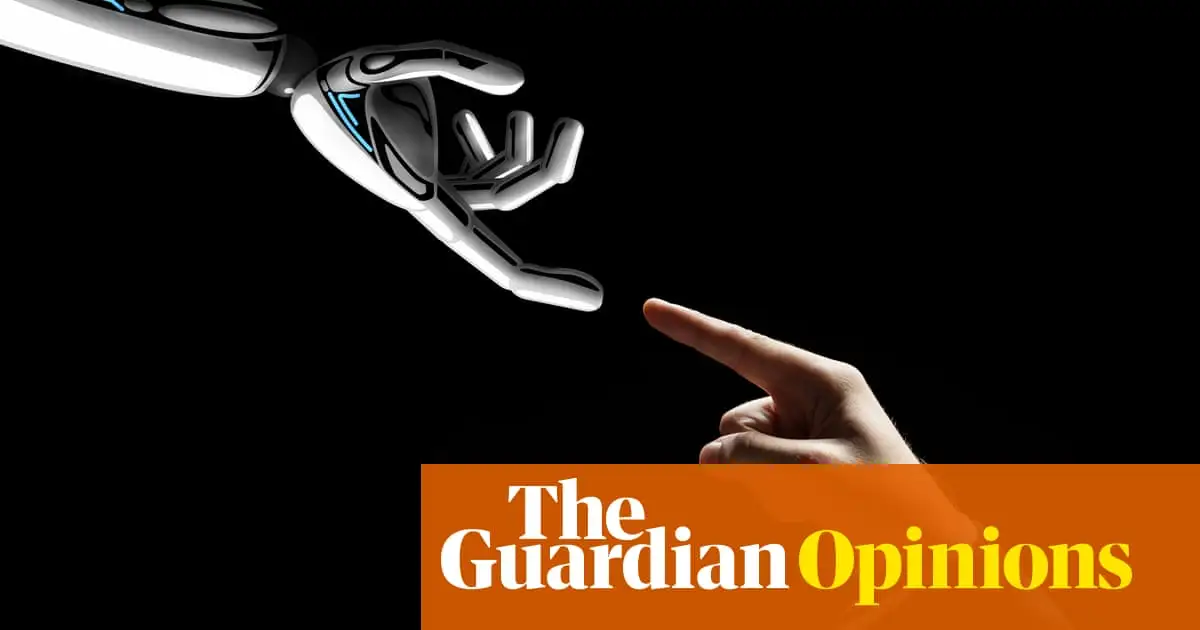Hey tech billionaires, if you want to talk about radical change, let’s abolish venture capitalism
Hey tech billionaires, if you want to talk about radical change, let’s abolish venture capitalism

Hey tech billionaires, if you want to talk about radical change, let’s abolish venture capitalism| Samantha Floreani

Do you support sustainability, social responsibility, tech ethics, or trust and safety? Congratulations, you’re an enemy of progress. That’s according to the venture capitalist Marc Andreessen.